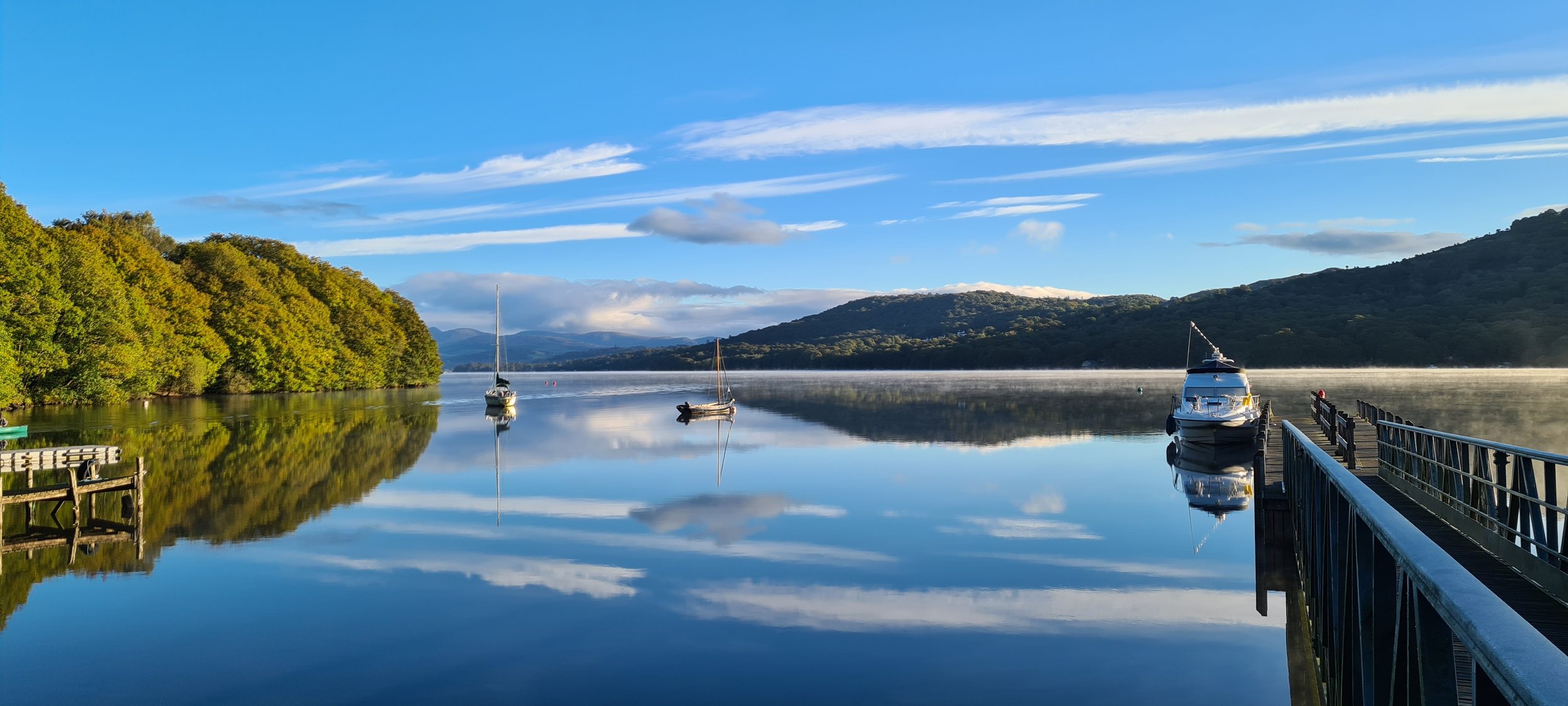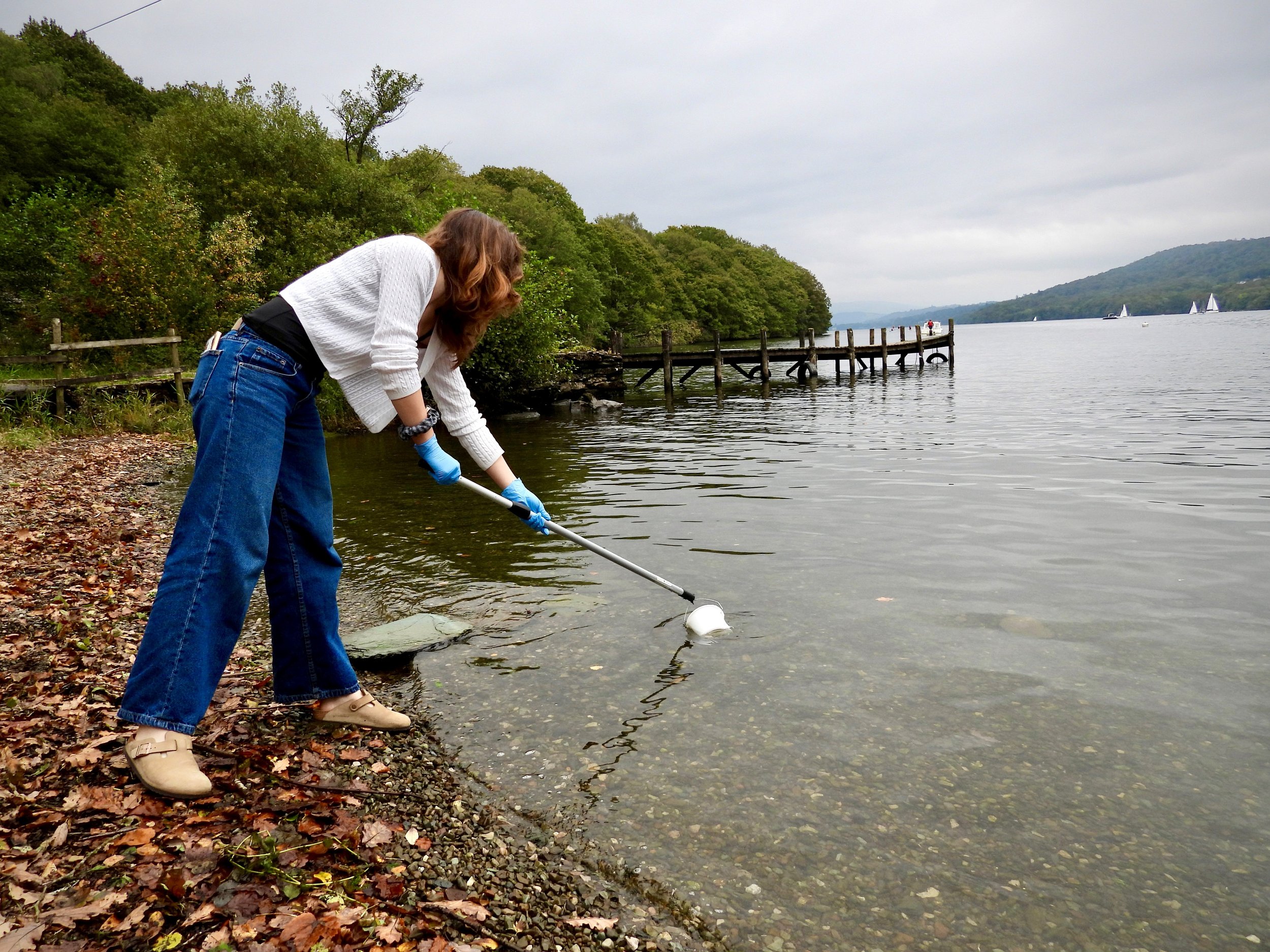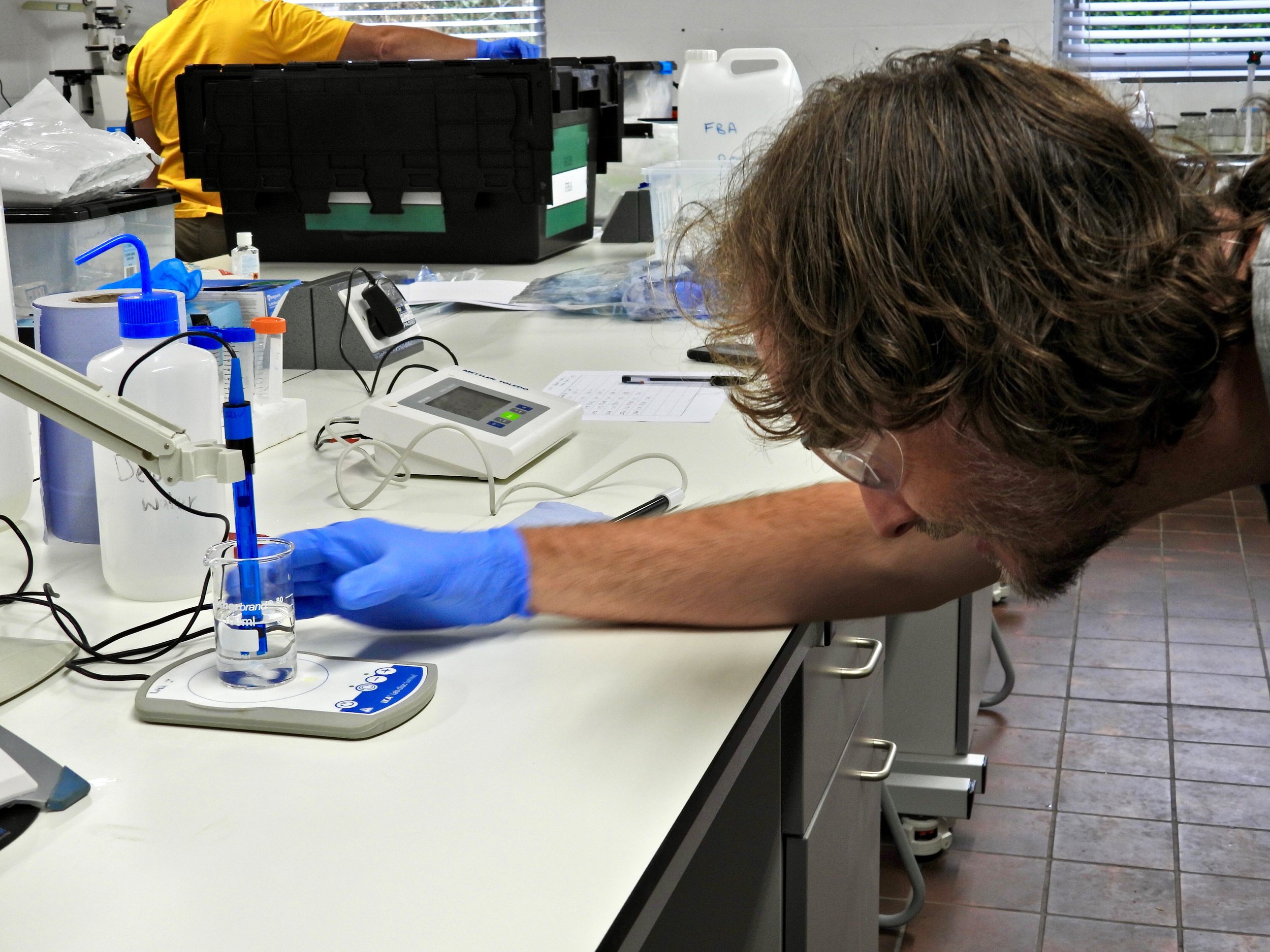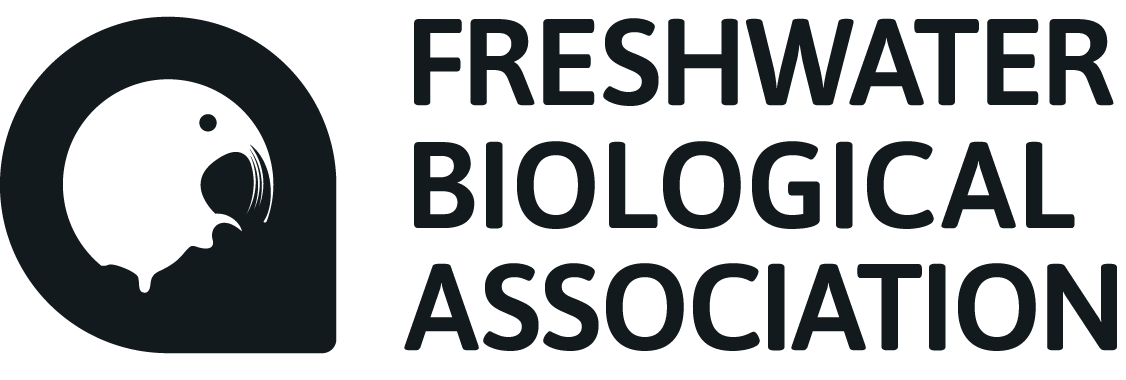
The Big Windermere Survey FAQs
What is the Big Windermere Survey?
The Big Windermere Survey is a citizen science project which aims to provide evidence and understanding about water quality in Windermere and its catchment. The project does this by engaging the local community and other stakeholders in the collection of water samples for independent laboratory analysis. The data from the survey are used to inform decision making processes and to bring about action and change at pace within the catchment, in order to maintain and to improve water quality.
Why is it necessary?
Freshwater habitats, such as Windermere, are vital ecosystems and provide many important benefits to human society. However, they are also among the most threatened ecosystems globally, with current and future challenges due to nutrient enrichment, climatic changes including more frequent extreme weather events, and increased pressure on infrastructure. Responding to these challenges successfully requires evidence in order to target action and investment from multiple stakeholders. The Big Windermere Survey is designed to provide this evidence at an unprecedented spatial scale, enabling assessment of water quality throughout Windermere’s catchment and informing key decision making processes.
Who is involved and who funds the project?
The project is run by the Freshwater Biological Association in collaboration with Lancaster University, but also draws upon the expertise of a wider group of partners including UK Centre for Ecology and Hydrology, Environment Agency, Lake District National Park Authority, South Cumbria Rivers Trust and other independent experts. Initial funding for the first Big Windermere Survey was secured from Lancaster University and this was subsequently matched by United Utilities and the Environment Agency, allowing us to carry out additional surveys. Ongoing funding is being sought from a range of sources to ensure the continuation of the survey.
How was the survey designed?
The survey was originally designed collaboratively using advice from four independent scientific organisations: Freshwater Biological Association; Lancaster University; University College London and UK Centre for Ecology and Hydrology. Sample sites were identified throughout Windermere’s catchment to provide an unprecedented picture of chemical and bacterial water quality. These sites target a range of potential sources of pollution in the catchment, whilst also being accessible and safe for our citizen scientists to sample from.
How do partners contribute to the Big Windermere Survey?
Partners in the Big Windermere Survey:
offer advice on ecological and water quality issues which need addressing,
contribute to research design,
collect data and provide advice and/or resources when analysing data,
allow us to use their facilities for science hubs on survey days.
This advice is taken into consideration by the Freshwater Biological Association. However, the Big Windermere Survey remains an independent research project organised by the Freshwater Biological Association and Lancaster University.
How is the information being used?
All data collected from the Big Windermere Survey are open access and made freely available to anyone who would like to view them. The data from the survey are being used to identify target areas for further investigation into causes of poorer water quality in the catchment. The data from the survey, and from additional investigations stimulated by the survey, will inform action and investment within the catchment to improve water quality, for example related to infrastructure or to land management.
Many of the partners engaged in the Big Windermere Survey are also involved with the Love Windermere Partnership, a partnership that was formed after the first survey took place in June 2022. The Love Windermere Partnership aims to strengthen cooperation across various sectors involved in addressing the challenges surrounding the water quality of Windermere. The data from the Big Windermere Survey are available to the Love Windermere Partnership, as they are to everyone in the catchment. However, the survey itself remains an independent research project.
-

Volunteer for the BWS
Interested in becoming a Citizen Scientist? We'd love you to join us at the next Big Windermere Survey!
-

Importance of Citizen Science
Here at the FBA we value the power of Citizen Science to support the conservation of freshwater environments.
-

BWS Results
Explore the results from our previous surveys and view all data on our interactive Cartographer map.
